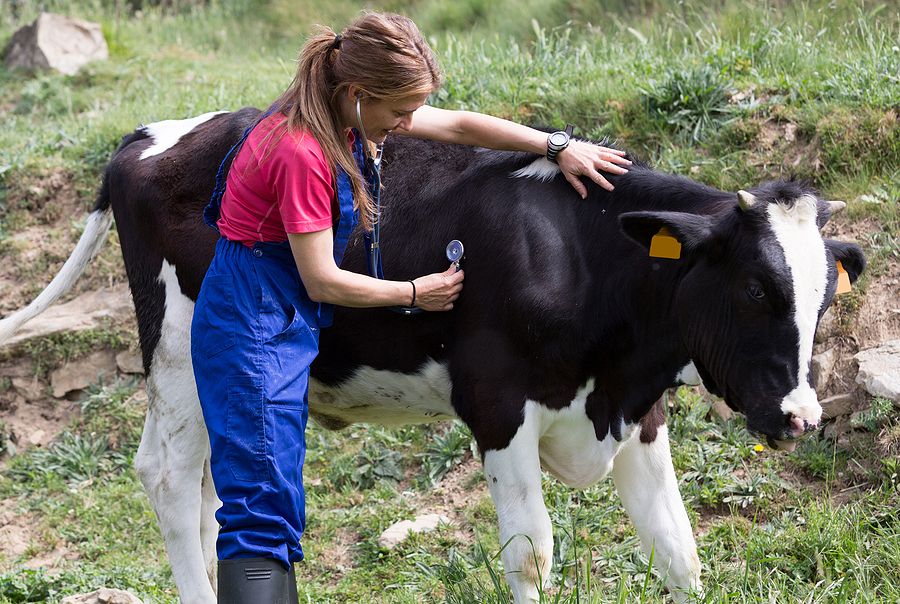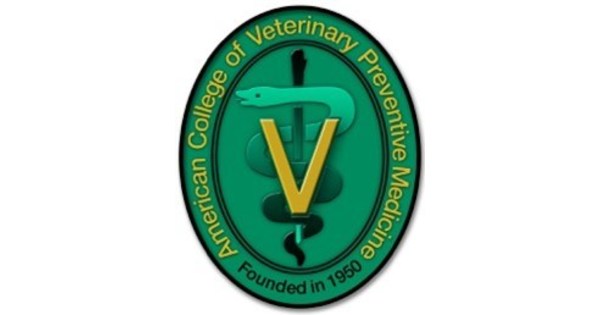In an exciting development aimed at tackling the critical shortage of veterinarians in rural areas, Auburn University College of Veterinary Medicine has secured a substantial grant of $246,000. This funding, provided by the U.S. Department of Agriculture National Institute of Food and Agriculture (USDA-NIFA), is set to bolster efforts to attract and support veterinarians in regions desperately in need of animal healthcare professionals, particularly those specializing in food animals.
Glen Sellers, MS, MBA, the practice management director at Auburn’s College of Veterinary Medicine and a key member of the grant team, expressed the university’s dedication to addressing this pressing issue. “Auburn is committed to solving the rural practice problem,” Sellers stated, highlighting the critical need for veterinary services in these communities.
The challenge of drawing new veterinarians to rural areas is multifaceted. Sellers points out that the allure of higher salaries, more predictable working hours, and fewer emergency calls often draws graduates towards suburban practices that primarily care for pets rather than livestock. This disparity not only affects the quality of life for the veterinarians but also the availability of veterinary care in agricultural communities.
The impact of this shortage is stark, with more than a dozen Alabama counties currently facing a deficit of veterinarians skilled in handling food animals. This gap in service can have profound implications on the local agriculture and food industries, which are integral to the economy and food security of the region.
In response to this, Sellers and his team at Auburn University have initiated a comprehensive program aimed at both current veterinary students and practicing rural veterinarians. The program focuses on enhancing the financial viability of rural veterinary practices and creating attractive post-graduate opportunities for students. This strategic approach not only aims to encourage more veterinarians to consider rural practice but also supports them in establishing sustainable and fulfilling careers.
Sellers emphasizes a holistic approach to solving this issue, starting at the grassroots level with those already in rural practices. By supporting these veterinarians and providing incentives for new graduates to join them, Auburn University hopes to make a significant impact on the veterinary shortage in rural areas.
For those interested in learning more about this initiative or the broader efforts of Auburn University College of Veterinary Medicine, additional information can be found on the university’s website. This initiative not only highlights the challenges faced in rural veterinary medicine but also showcases the proactive steps being taken to ensure that these essential services are sustained and strengthened for the future.



